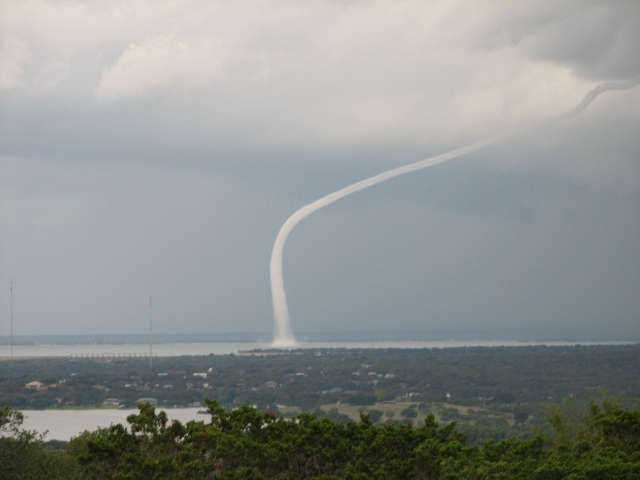
The Austin/San Antonio Weather Forecast Office offers Severe Weather and Flooding Training sessions to prepare citizens, first responders, emergency management, amateur radio operators, and volunteer organizations for hazardous weather threats specific to South Central Texas. These sessions also serve as an opportunity for the public to learn how to assist local forecasters with weather reports during these critical weather events. Public reports are often our most valuable data for warning decisions. Please visit the tabs above for information on each training program.
Most Severe Weather and Flooding Training sessions are conducted in the late Winter and early Spring, ahead of the peak in severe weather and flood seasons, but other sessions may be offered throughout the year.
Please use the calendar below to find an upcoming session in your area. Session dates and locations are generally coordinated with city and county emergency management officials. Scheduled training sessions are free and open to the general public. There is no pre-registration unless specifically noted. Please contact Jason Runyen for more information.

Severe Weather and Flooding Training (Basic Skywarn):
Learn about severe weather information specific to South Central Texas, procedures for reporting severe weather to local NWS forecasters, and how to improve preparedness. NEW in 2026: We will include an increased focus on weather hazards and preparedness across the region, with an emphasis on Flash Flooding.
Advanced Severe Weather Training (Advanced Skywarn):
A more in-depth look at severe weather for those who want to learn more. Topics include weather models, a complete review of severe weather ingredients, and a broad overview of weather radar, its products, and uses. Please note that we typically only offer a few advanced sessions each year.
Virtual Training:
We sometimes hold live virtual training sessions and those can be found on the calendar training tab along with in-person sessions.
National SKYWARN® training is available via this COMET MetEd online course. NOTE: You will need to sign up for a free account to access the COMET MetEd course catalog. This online training should only be used to supplement what is taught at a local NWS SKYWARN® session. Attendance at a local training session is highly encouraged.
South Central Texas is commonly referred to as Flash Flood Alley. Unfortunately, flash flooding is the leading cause of weather related fatalities in this region. The NWS Austin/San Antonio offers specialized flash flood training sessions, called FloodAware, across the area. These training sessions focus solely on the region's flood and flash flood issues, including the meteorology behind the record flooding we experience in this region of Texas. Training includes flood information from the National Weather Service, the local Emergency Management office, River Authority, or other water organizations. These are targeted at our more flood-prone locations.